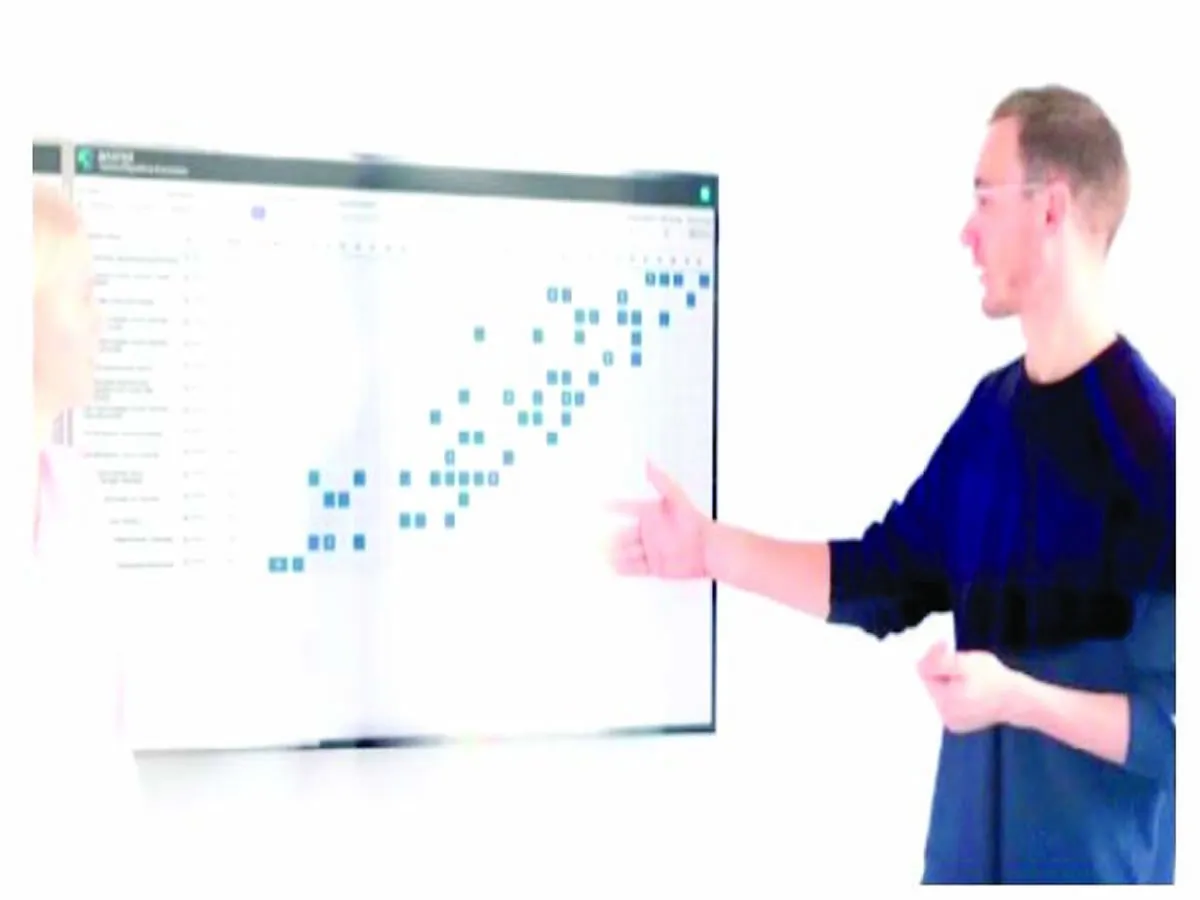

Lufthansa Technik has rolled out the first artificial intelligence-based tool on its Aviatar digital platform. The tool was developed to make recurring defects within aircraft technical logbook write-ups more transparent and easier to monitor.
Called Technical Repetitives Examination (TRE), the tool is part of Aviatar’s Reliability Suite.
According to Lufthansa Technik (LHT), TRE can analyze defects from all technical logbook write-ups—not just from Aviatar Technical Logbook, which LHT developed a few years ago in partnership with Wizz.
The idea behind TRE, according to LHT, is that these write-ups are typically created manually and can suffer from factors that compromise the quality, such as misspellings, different language-based phrasing or incorrect assignments to ATA chapters.
For instance, LHT says technical logbook write-ups often contain abbreviations or different terminology for the same component, such as “coffee machine,” “coffee brewer” or “espresso maker.”
This can cause uncertainty about whether a technician has recorded the full spectrum of error descriptions for a particular system.
TRE’s artificial intelligence (AI) algorithm recognizes identical components and automatically assigns the associated logbook entries to the correct ATA chapter.
TRE creates a graphical overview to ensure proper recording and evaluation of defects of a specific component for a selected period and a customer’s entire fleet.
LHT says the structured presentation allows technicians to identify repetitive issues early, creating transparency and enabling analysis of possible cross-fleet problems.
TRE is customisable, so it can respond to role- or authority-specific requirements. It is also able to integrate with an operator’s existing maintenance and engineering software.
LHT says that as TRE evolves, it will eventually be able to automatically generate troubleshooting recommendations.
Aviatar Technical Repetitives Examination screenshotCredit: Lufthansa Technik
According to Jan Philipp Graesch, LHT’s product lead for Aviatar’s Reliability Suite, TRE was developed through extensive collaboration between LHT’s engineers and data scientists.
The tool has been rolled out at more than 20 airlines that operate various Airbus and Boeing aircraft types.
Graesch says that customer feedback about TRE has been positive.
“The solution significantly reduces the workload of the airline maintenance control centers and engineering departments by eliminating a very time-consuming task while also enabling them to perform maintenance activities more efficiently,” he says. “Having the possibility to analyze systematic defects fleet-wide is groundbreaking for the system engineering.”
Building on TRE’s success, LHT is looking to develop further AI-based tools on the Aviatar platform. “Our ambition is to be a frontrunner in adopting new technologies. We continuously monitor emerging trends and technologies and are actively exploring additional machine learning and AI use cases,” says Graesch.
He noted that LHT is also looking at adding generative AI features to its existing solutions on Aviatar, such as presenting additional information from other modules within LHT’s digital TechOps Ecosystem.
ALSO READ FROM NIGERIAN TRIBUNE
A Non-Governmental Organisation (NGO), Renevlyn Development Initiative (RDI) in conjunction with Foodjustice has advocated for…
The outgoing Vice Chancellor of Al-Hikmah University, Ilorin, Professor Noah Yusuf, has urged the National…
ON June 27, 2024, the Joint Admissions and Matriculation Board (JAMB) reaffirmed that 16 years…
Twelve final-year engineering students of Afe Babalola University, Ado-Ekiti, ABUAD, have designed, constructed, and donated…
This natural drink has always been considered a magical remedy for health. Now, researchers have…
The Nasarawa State Government has commended the laudable achievements made by the Ekiti State Government…
This website uses cookies.